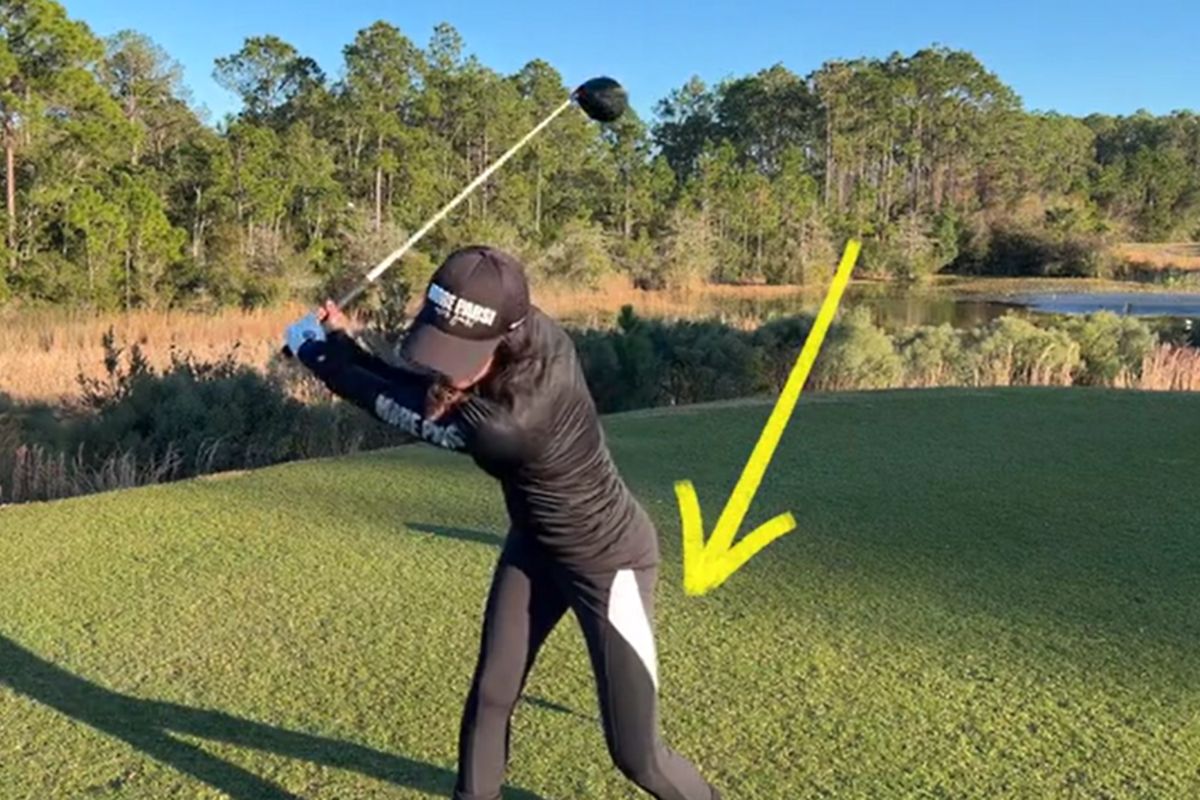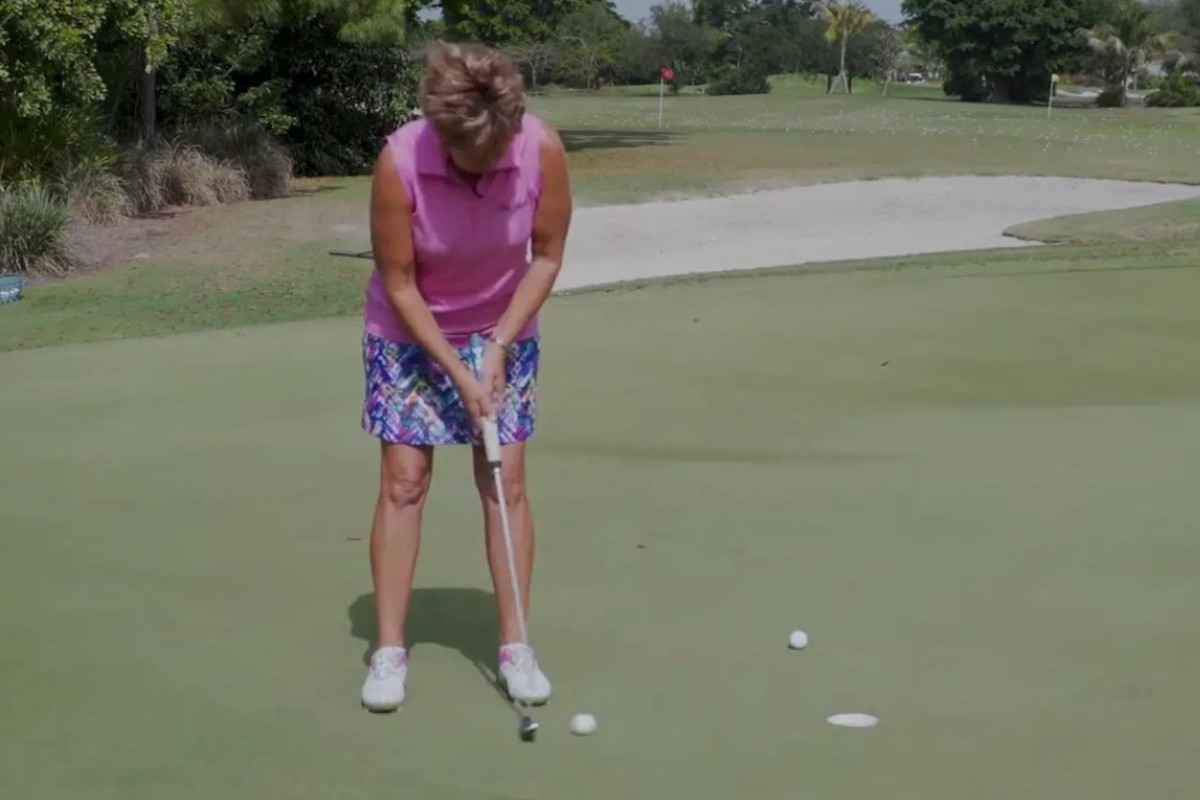Our brains react very quickly after a shot is struck. Instantly, your brain starts to analyze the outcome of the shot, emotions are experienced, and thoughts and commentary arise that can help our confidence or start to chip away at our self-esteem.
Automatic thoughts are the instantaneous reaction to one’s performance. They are termed “automatic” because they happen so suddenly, the golfer may not realize where the thought is stemming from. Often, golfers struggle with negative statements such as “I knew I was going to hit it left,” “I’m such a poor putter”, “I’ll never get this game.” Sound familiar? These kinds of automatic statements start to play into your belief system and begin to take your mental games on a self-sabotaging journey.
These automatic thoughts can stem from experiences in your past and may resemble a theme throughout your life. We may have always felt we aren’t “good enough” and that thought becomes triggered when standing over the first drive to begin a 9-hole round. If those negative thoughts and reactions continue, we can create associations and phobias with certain clubs like “the 5 iron never goes where I want it to but all the other irons are fine”, and also makes it easier for doubt to invade our confidence.
Steps to Managing Your Automatic Thoughts
During the round record your thoughts
The first step to managing automatic thoughts is to notice them. Are you listening? Do you hear what those thoughts are telling you? In your next round, jot down in a notebook or on your scorecard each time you have a reaction to a shot that includes negative commentary. Perhaps you missed a short 3-foot putt and response mentally with “I’m such a horrible putter.” Note this down so you can examine it later.
After the round count your negative responses to your thoughts
When you’ve finished your round, count how many times you respond with automatic, self-deprecating statements. You might be surprised at how active your brain is at tearing you down and limiting your success on the course.

Train yourself to improve those statements
Once you have an awareness of the frequency of automatic thoughts then you can start to combat those statements with replacements. Avoid RE-ACTING, and reframe that to ACTING! You are in control of how you respond to a shot, the shot does not control you.
Choose a statement that may be helpful, versus hurtful. During this process, you still may have automatic thoughts pop up, but you can recognize them early on and replace them with suitable, helpful thoughts.
Some replacement might include, “I know I can hit the next shot better”, “I can calibrate my distances to get it closer for the next hole,” or “I can recover from this shot and hit the next one better.”
These types of statements keep you moving forward in the game, versus keeping your emotions and thoughts in the past. You can actually train your brain to begin to respond more positively in an automatic sense, rather than negatively. It will certainly take repetition and awareness but can absolutely be mastered.
Once you build up a reservoir or replacement phrases, its time to put it into action. Next time you are on the course and you hit a shot you don’t like, you may notice that automatic thought occurring: “Oh, there you go again. See how good you aren’t are?” Once the thought is complete, replace it with a more optimistic thought such as, “I know I am capable of hitting quality shots, and I’m determined to make a good swing on the next attempt.”
The Benefits of learning to manage your automatic thoughts
By doing this you will start to see a change in your game as you begin to control how you “act” to your shots and manage the automatic commentary that arises. This is extremely powerful in managing your mental game. If you let automatic thoughts run you over, your physical game will suffer and you start to lose enjoy your golf less.
If you can manage how your mind works with these tactics:
- You can become empowered to take control when errant shots arise.
- You will begin to increase your confidence as overcoming obstacles won’t be a problem.
- Lastly, you’ll just plain feel better since you won’t be beating yourself up so much!
Examine your automatic thoughts and create a plan to replace them for better golf!
Feature Image: Alison Curdt discusses a shot with her caddie during the second round of the 2017 KPMG Women’s PGA Championship | Photo credit: Montana Pritchard PGA of America






